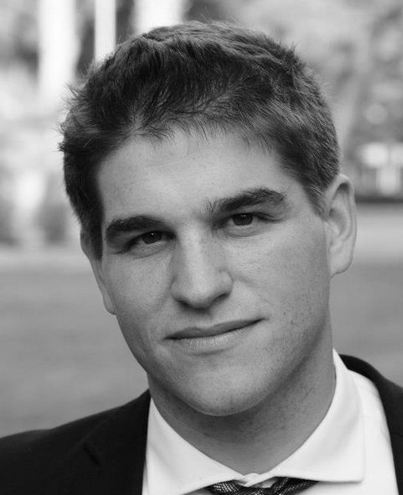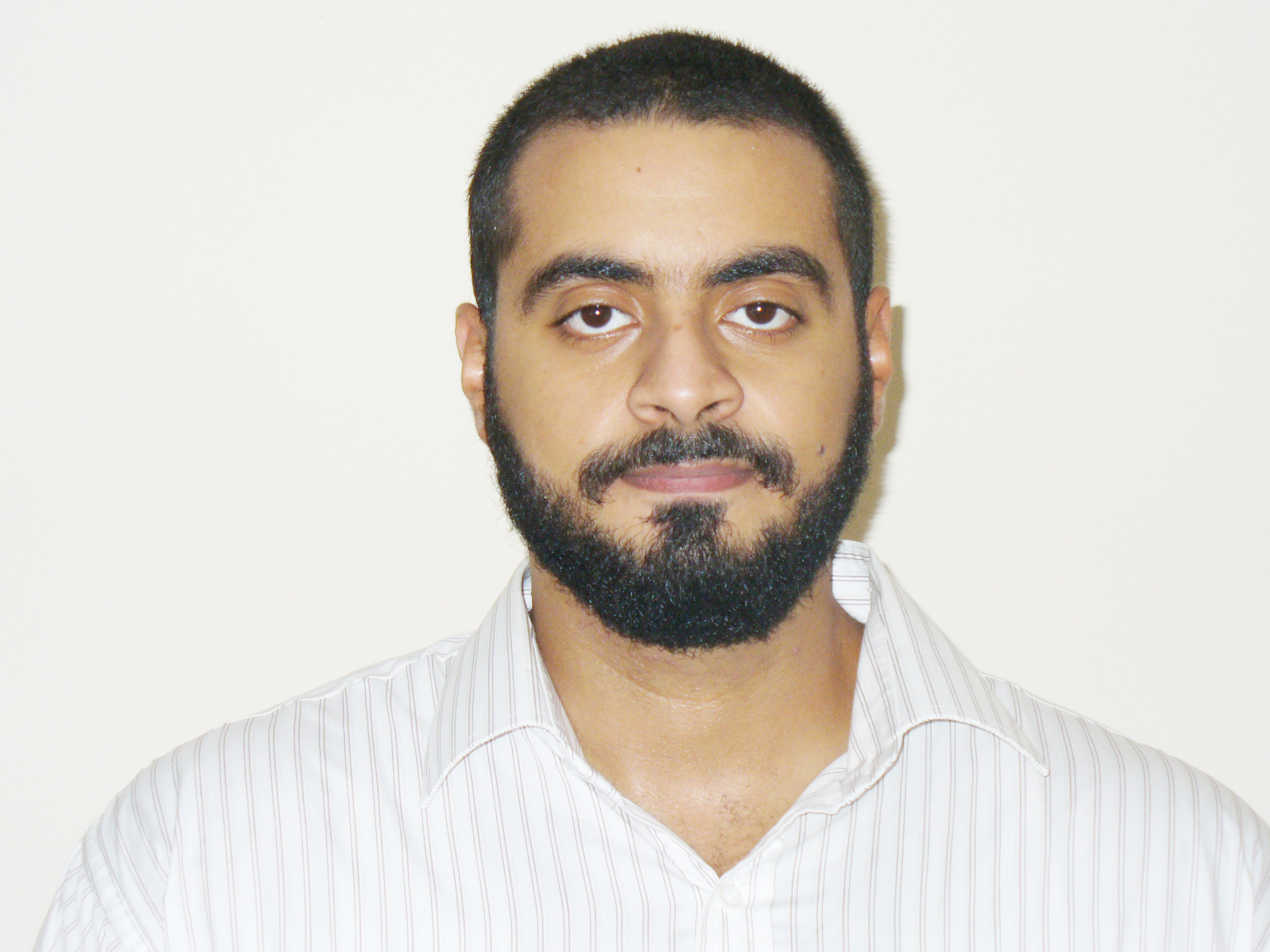NEW YORK: The six powers seeking to curb Iran’s nuclear ambitions prepared to review on Wednesday the latest UN sanctions against Tehran and mull its appeals to enter negotiations.
The New York meeting of the so-called P5-plus-1 — the permanent five UN Security Council members plus Germany — comes as Iran said it would soon be ready to discuss its nuclear program.
The talks were to involve US Secretary of State Hillary Clinton and her counterparts from the other five nations involved: Britain, China, France, Russia and Germany.
The United States has pressed hard for full enforcement of UN Security Council sanctions, but also has left the door open to talks over Iran’s nuclear program and other issues.
Washington argues that the sanctions are biting, putting pressure on Tehran to return to negotiations.
To the extent that Iranian President Mahmoud Ahmadinejad is interested in talks, "all we would do is encourage him to call Lady (Catherine) Ashton and provide a date and a location," State Department spokesman Philip Crowley said.
Ashton is the EU high representative, who is the main point of contact between Iran and the P5-plus-1.
Ahmadinejad, in New York to attend the UN General Assembly meeting, told media that his country was ready to resume talks with world powers over its program to enrich uranium.
The UN sanctions had also damaged the chances for an improvement in US-Iranian relations, he added. He blamed international politics for the growing tensions over the nuclear program.
"Iran’s nuclear case is a political case," the New York Times quoted him as saying. "Otherwise, why would it be essential for the details of our nuclear program be made available to the media?"
The Iranian leader also was quoted as saying by the Atlantic magazine that the United States "doesn’t understand what war looks like."
"When a war starts, it knows no limits," Ahmadinejad said in response to a question about any US-supported strike by Israel on Iran’s nuclear facilities.
The six powers met with Iran in Geneva in October 2009 and agreed on a nuclear fuel swap deal, which had been designed to build confidence as world powers pressed Iran to halt uranium enrichment.
But the agreement has since stalled, and in June the UN Security Council approved a fourth round of sanctions against the Islamic republic, which in turn said it would suspend talks until September.
"We are prepared to constructively engage Iran and would hope that Iran will be prepared to have the same kind of meeting that occurred last year," Crowley said, referring to the Geneva meeting.
Washington hoped the Iranians would go further and "actually commit themselves to try to address the concerns the international community has about the nature of the nuclear program," he added.
Tehran says it is pursuing a civilian energy program, but many Western powers suspect it is seeking nuclear weapons.
While attending UN meetings, German Chancellor Angela Merkel took a stern tone toward Tehran.
"Iran has not removed doubts" over whether its nuclear program is peaceful or not, Merkel said.
And failing to comply with UN resolutions, Iran "is threatened with isolation and the pursuit of new sanctions," she warned.
Š Θ
Θ
#
#
image description
#
#
image description


